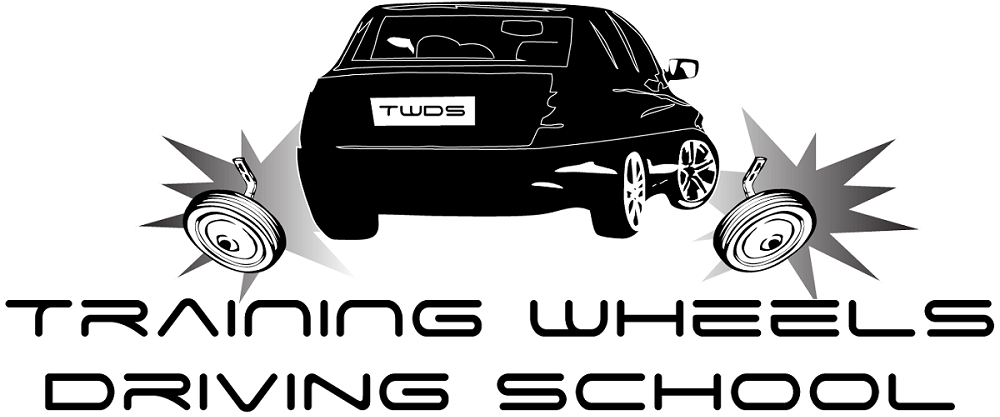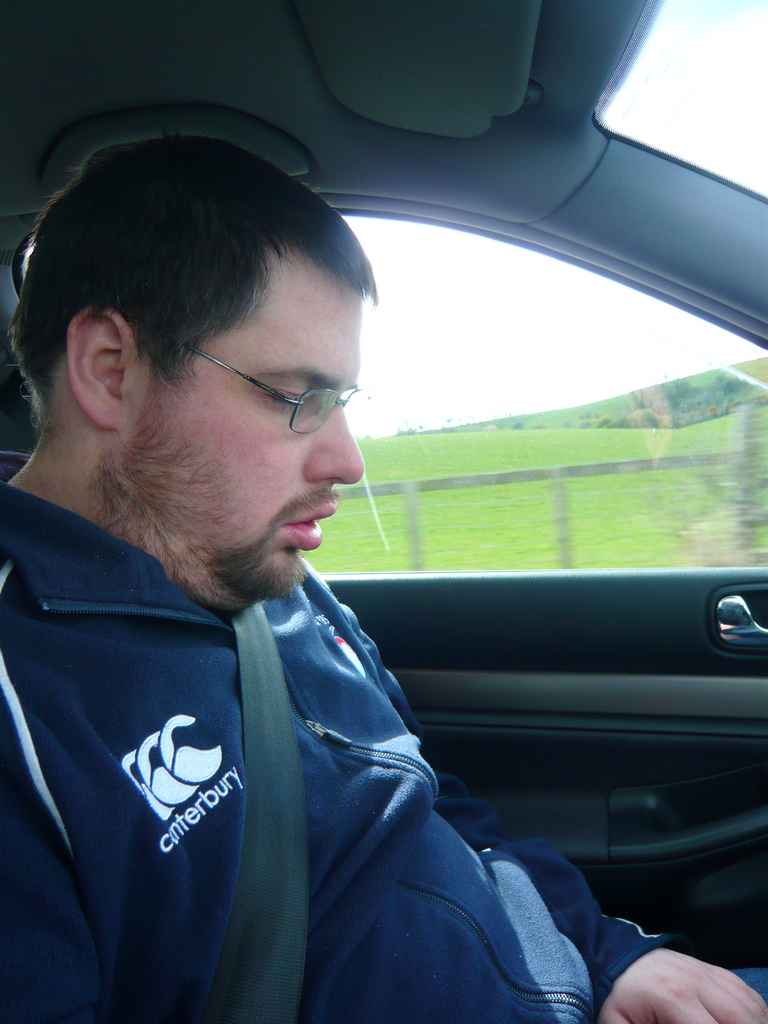Insufficient sleep is a problem that not only plagues many adults, but teens as well. Fewer and fewer teens are getting their recommended eight and a half hours of sleep per night. Instead, most teens and pre-teens get less than seven hours of sleep. Sleep deficiency poses a big problem for teen drivers as they try to focus on the road with limited rest.
Teens generally stay up late and get up early while also dealing with a rigorous school schedule. The schedule is even more challenging for teens who are involved with sports and other extra-curricular activities. Many teens try to cram too much into their schedule and drive when they are very tired. It is hard for them to process information and think straight without sufficient rest.
The National Sleep Foundation reported that fifteen percent of teens admit driving when they were drowsy in the past week. At least half of the teens said they drove while tired in the past year. Drowsy driving is comparable to the way someone drives while under the influence of alcohol.
Many teens resort to energy drinks for a caffeine boost to try to compensate for their insufficient rest. The long-term effects of energy drinks are still under investigation. Recent reports have shown that excessive consumption of these drinks is not good for your health and should not be a substitute for proper rest.
When someone drives while they are tired, their judgment and problem solving skills are compromised. In order to discourage their teens from driving while drowsy, parents should first set the example by getting proper rest themselves. They should also encourage teens to get to bed at a regularly scheduled time each night and take a daily nap to help prevent drowsy driving.
*Photo Courtesy of Craig Murphy via Creative Commons License

